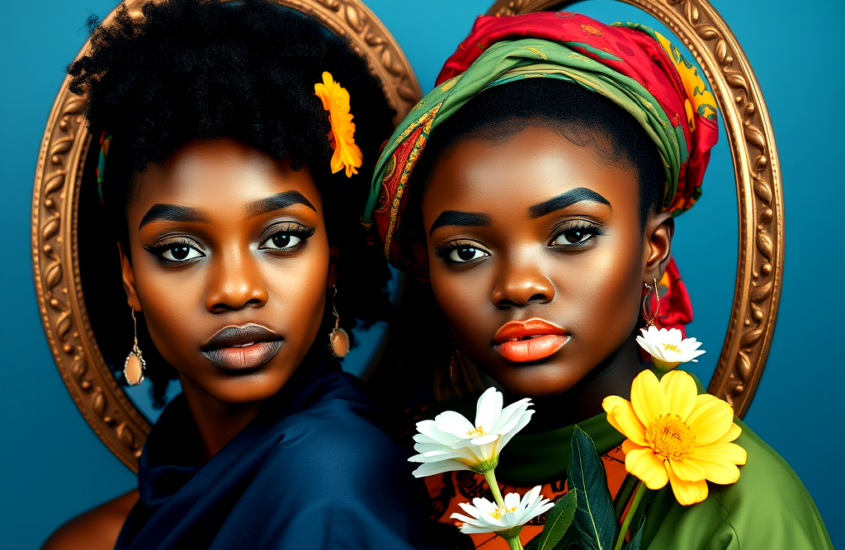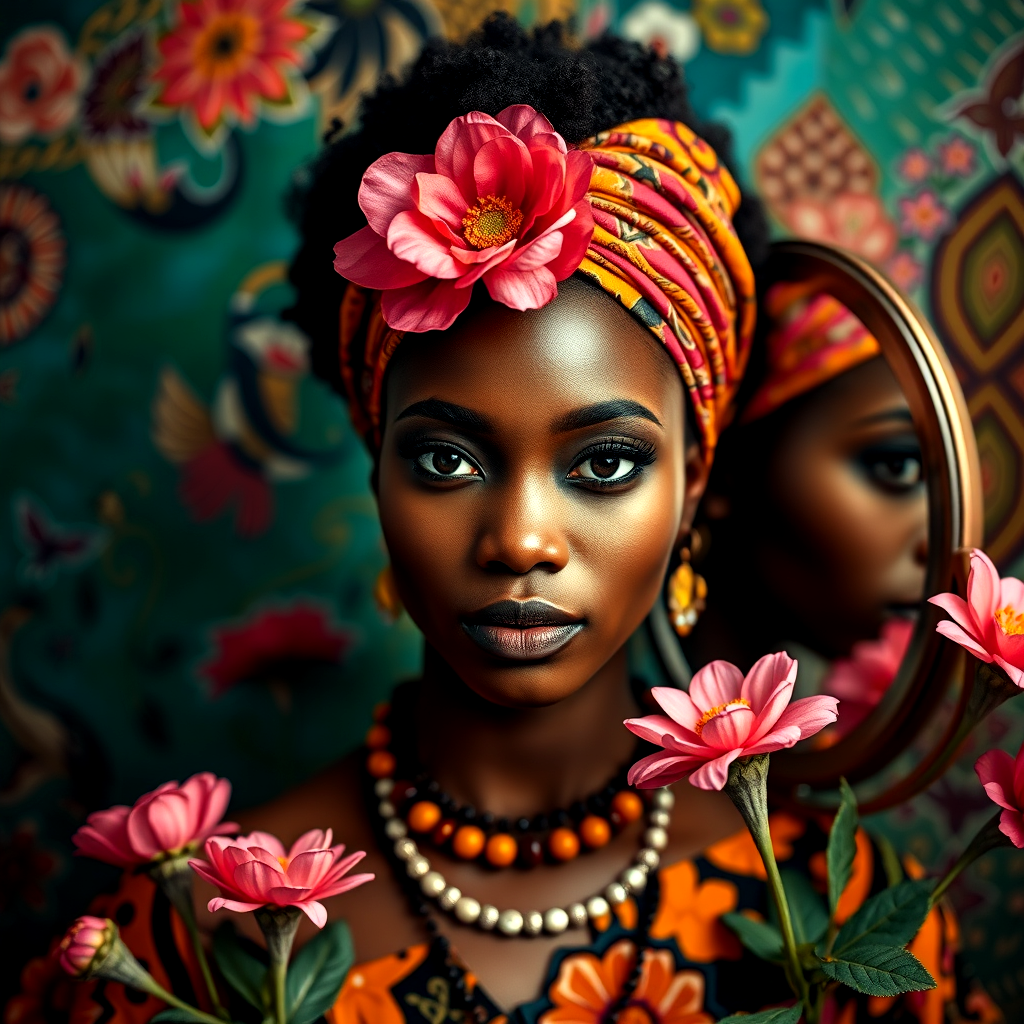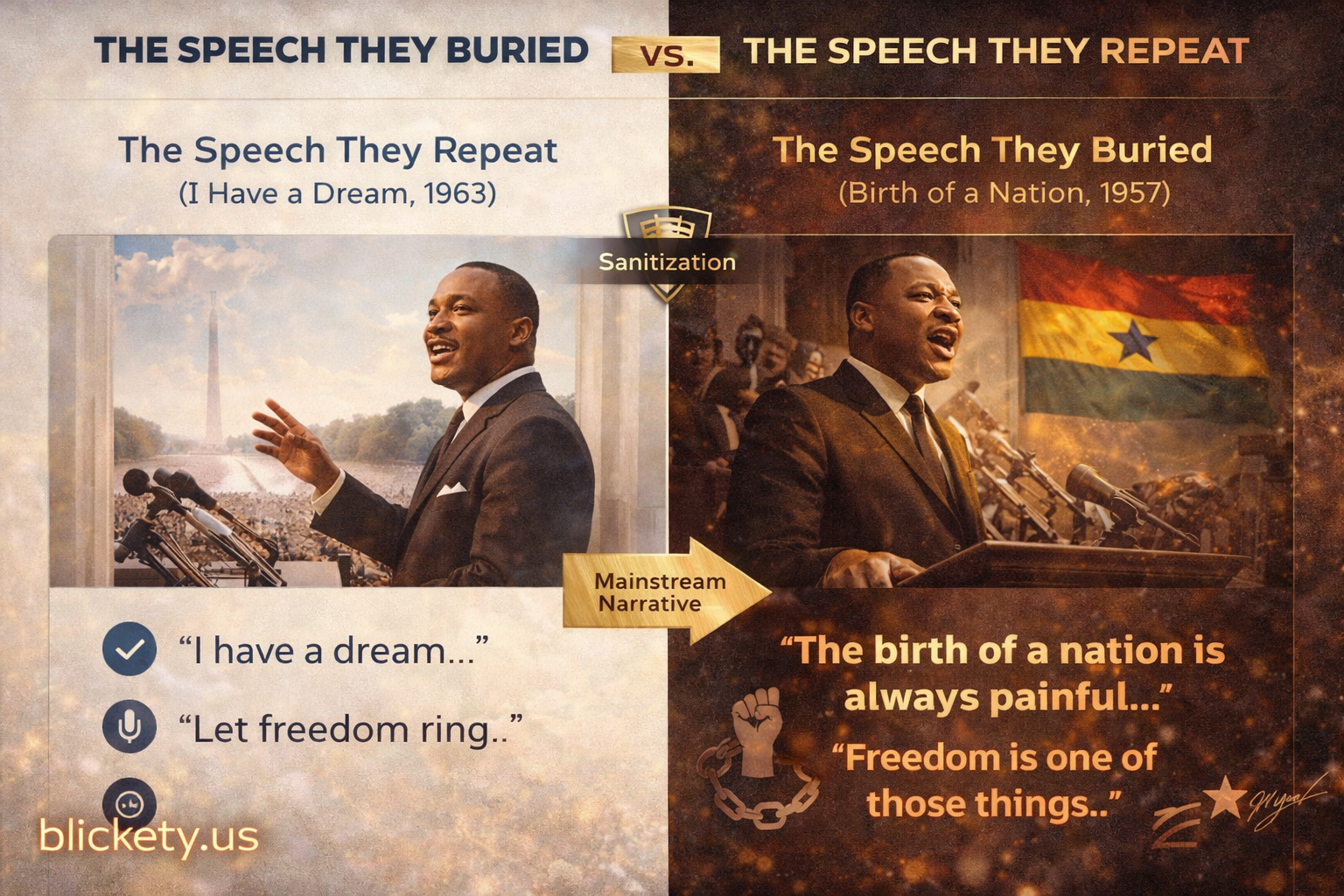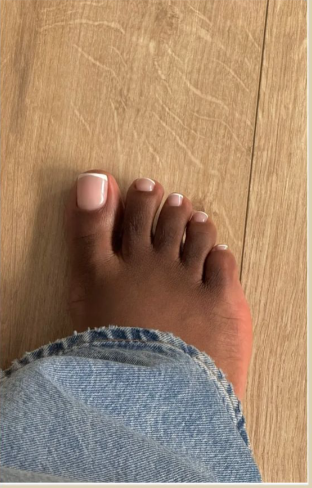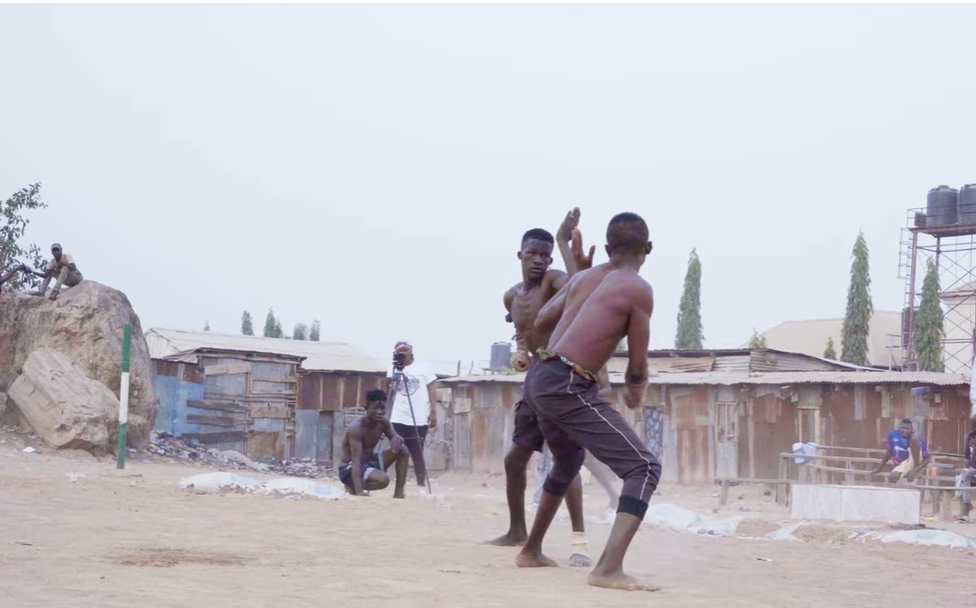The Legacy of Beauty-Based Oppression
For centuries, Black women have been subjected to a relentless barrage of dehumanizing language about their appearance. Derogatory terms like “Jezebel,” “Aunt Jemima,” and countless other harmful labels have been weaponized to degrade Black women based on their looks. These designations aren’t merely hurtful words—they represent a systematic effort to devalue Black beauty while elevating Eurocentric features as the universal standard.
This linguistic violence has perpetuated harmful stereotypes that extend far beyond simple aesthetic preferences. The underlying message has consistently positioned Black features—darker skin, fuller lips, broader noses, and textured hair—as inherently less attractive, less professional, and less worthy of admiration. These messages have become deeply embedded in our collective consciousness, shaping how Black women are perceived by society and, tragically, how many perceive themselves.
The consequences of this historical devaluation have been profound. Many Black women have internalized distorted perceptions of their appearance, becoming convinced that their natural features require “fixing” to be deemed beautiful. This internalized oppression has fueled a multi-billion-dollar beauty industry that continues to profit from Black women’s insecurities, promoting products promising to “correct” features that need no correction.
The Black is Beautiful Movement: A Revolutionary Moment
The 1970s marked a pivotal cultural transformation for Black women in America. Emerging from the intersection of the Civil Rights Movement, Black Power Movement, and Feminist Movement came a profound reclamation of Black identity and beauty that challenged centuries of oppression.
This era, known as “The Rise of Black Power and Black Pride,” empowered Black women to embrace their natural features with revolutionary pride. Dark skin, full lips, broad noses, and textured hair—attributes previously devalued under Eurocentric beauty standards—were celebrated as expressions of authentic beauty and cultural heritage.
The “Black is Beautiful” movement represented more than an aesthetic shift; it was a political stance that rejected white supremacist beauty norms. As Black women embraced their natural features, their influence spread throughout popular culture. The fashion industry, music, and media began reflecting and celebrating Black beauty in unprecedented ways, creating space for authentic representation that challenged dominant narratives.
This period demonstrated that beauty standards are not fixed or universal truths but socially constructed concepts that can be questioned, challenged, and redefined. Black women leading this cultural revolution understood that embracing their natural beauty constituted an act of resistance against systems designed to diminish their self-worth.
The Resurgence of Colorism and Eurocentric Standards
Despite the powerful momentum of the “Black is Beautiful” movement, the 1980s through 2000s saw a troubling regression toward Eurocentric beauty standards and colorism. This shift coincided with rising consumerism, expanding media influence, and the birth of cable television, which collectively reinforced narrower beauty ideals.
Cable networks like BET replaced cultural institutions like Soul Train, while mainstream beauty ideals became increasingly dominant through advertising, television, and films. The modeling industry elevated figures who represented a narrow vision of beauty, often excluding darker-skinned women from representation except in specific niches.
During this period, Black women with more Europeanized features—lighter skin, straighter hair, and narrower facial features—received disproportionate promotion and opportunities in media and entertainment. This trend perpetuated the historical valuation of European beauty standards and reinforced divisions within the Black community that continue today.
This regression wasn’t accidental but reflected broader societal forces working to undermine the progress of the previous decade. The same beauty industry that had begun acknowledging Black beauty returned to marketing products designed to “fix” natural Black features, reinforcing the harmful message that Black women’s natural appearance required alteration to be acceptable.
The Psychological Impact of Beauty Standards
The psychological toll of navigating these contradictory beauty standards has been immense for Black women. When societal norms consistently devalue natural features, the impact extends far beyond aesthetic preferences, affecting fundamental aspects of mental health and self-perception.
Internalized Colorism and Racism
Many Black women have internalized negative messages about their features, developing a form of self-hatred where they view their natural attributes as inferior to European features. This internalization can lead to persistent feelings of inadequacy, comparison, and shame that undermine self-esteem and self-worth.
Colorism adds another layer of complexity, creating hierarchies within the Black community based on skin tone. Darker-skinned women often face exclusion and marginalization both within their communities and in broader society, leading to feelings of rejection that can significantly impact identity development and emotional wellbeing.
Beauty Standards and Mental Health
The pressure to conform to European beauty ideals has driven many Black women to harmful behaviors in pursuit of unattainable standards. From excessive dieting to chemical hair treatments to skin-lightening products, these practices reflect the internalized belief that natural features require modification to be acceptable.
These behaviors aren’t simply aesthetic choices but manifestations of deeper psychological distress. Body dysmorphia, anxiety, depression, and chronic stress frequently result from the constant pressure to meet impossible standards. The economic cost of attempting to maintain these standards—expensive hair treatments, makeup, and skincare products—adds financial pressure to the already significant psychological burden.
Microaggressions and Social Exclusion
Black women regularly encounter microaggressions targeting their appearance: intrusive questions about their hair, backhanded compliments about being “pretty for a dark-skinned woman,” or fetishizing comments about their bodies. While sometimes disguised as curiosity or compliments, these interactions reinforce otherness and contribute to feelings of alienation.
The combined effect of these experiences creates chronic stress that manifests in physical and mental health challenges. The emotional labor required to navigate beauty standards while resisting negative stereotypes exacts a significant toll, particularly when compounded with other forms of racial trauma and marginalization.
Healing and Reclamation: The Path Forward
Despite these significant challenges, many Black women are reclaiming their beauty and worth through intentional resistance and healing practices. Movements like #BlackGirlMagic and the natural hair movement represent powerful collective efforts to reject harmful stereotypes and celebrate authentic Black beauty in all its diversity.
In an exclusive interview, mental health therapist Cantiese Burrell offers guidance for Black women navigating these complex beauty narratives. She identifies what she calls the “Double Mirror Effect”—Black women simultaneously seeing themselves through personal and societal lenses—as a source of profound exhaustion.
Burrell also acknowledges the “Beauty Inheritance” passed down through generations, noting that even well-intentioned maternal guidance sometimes reinforced the idea that natural features needed “fixing” or “managing.” Combined with today’s “Social Media Comparison Dilemma,” these forces create a challenging landscape for developing healthy self-image.
Creating a Personal Oasis of Self-Love
Burrell recommends establishing a personal environment that honors Black beauty in all its forms. This “Beauty Truth Moment” practice involves intentionally affirming one’s features each day: celebrating full lips as royal, rich melanin as magical, broader noses as ancestral beauty, and coily hair as a crown. Making this practice as routine as morning coffee transforms it into a powerful ritual of self-affirmation.
Practicing Ancestral Love
Reconnecting features to heritage offers another powerful reframing strategy. Rather than viewing dark skin through society’s limited perspective, Burrell encourages seeing it as the powerful melanin that protected ancestors and carries their stories. Similarly, hair texture becomes more than just curls or coils—it’s a map of resilience passed through generations.
This perspective shift transforms routine self-care into sacred rituals connecting Black women to their roots. Moisturizing skin, styling hair, and other beauty practices become acts of ancestral love and respect rather than attempts to conform to external standards.
Building a Beauty Tribe
Surrounding oneself with supportive Black women who embrace natural beauty creates essential reinforcement for self-love. Burrell recommends curating social media feeds to follow content creators who celebrate authentic Black beauty, joining communities honoring diversity in Black appearance, and creating sister circles for mutual support on beauty journeys.
“Our beauty is not up for debate,” Burrell emphasizes. “We are descendants of women who carried their beauty with regal dignity and grace, even when the world refused to see it.” She encourages Black women to remember that their beauty isn’t something to fix or alter—it’s something to celebrate, honor, and love exactly as it is.
Conclusion: Beautiful Resistance
The journey toward self-love and authentic beauty for Black women continues to be both personal and political. By recognizing beauty standards as constructed rather than inherent, Black women can free themselves from impossible expectations while challenging systems that profit from their insecurities.
This reclamation represents more than aesthetic preference—it’s a powerful act of resistance against centuries of oppression. As more Black women embrace their natural features and support others in doing the same, they collectively redefine beauty on their own terms, creating space for future generations to thrive in authentic self-love.
Through ancestral connection, community support, and intentional self-affirmation, Black women are healing historical wounds while building new narratives that honor the full spectrum of Black beauty. This beautiful resistance doesn’t just transform individual lives—it challenges the very foundations of beauty standards that have too long served as tools of oppression rather than celebration.

